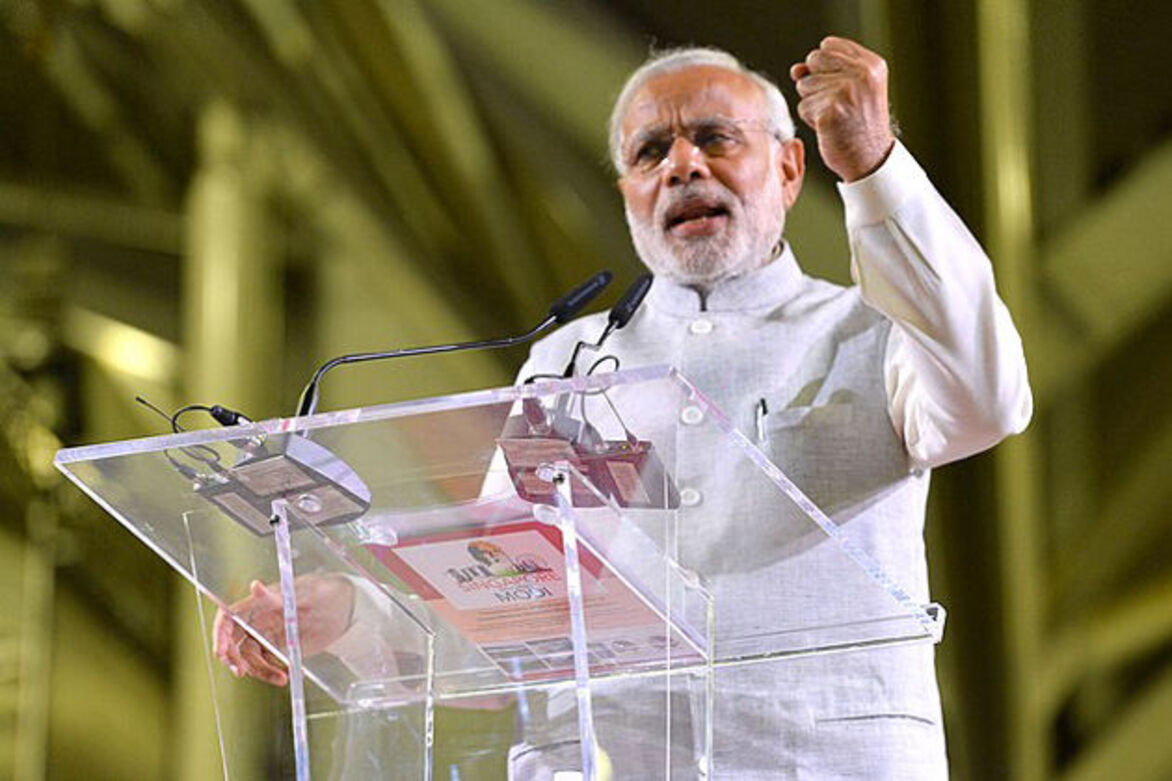Indian PM’s Independence Day speech highlights self-reliance
Mohan Sinha
17 Aug 2025

NEW DELHI, India: On August 15, Prime Minister Narendra Modi used his Independence Day address to call for greater national self-reliance, urging India to manufacture everything from fertilisers to jet engines and electric vehicle batteries. He pledged to stand firmly behind farmers as the country faces a deepening trade dispute with Washington.
The speech came against the backdrop of new U.S. tariffs that threaten to slow growth in what has been the world's fastest-growing major economy. U.S. President Donald Trump's latest measures—announced last week—slap an additional 25 percent duty on Indian exports, pushing some rates as high as 50 percent, among the steepest faced by any U.S. trading partner. Washington cited India's continued imports of Russian oil as the reason for the escalation, further straining relations between the two countries.
Although Modi avoided mentioning the United States or tariffs directly, he framed his nearly two-hour address from the Red Fort in New Delhi around a promise to defend rural livelihoods. "Farmers, fishermen, cattle rearers are our top priorities," he declared. "Modi will stand like a wall against any policy that threatens their interests. India will never compromise when it comes to protecting the interests of our farmers."
India and the United States recently saw their trade talks collapse after five rounds of negotiations, primarily over U.S. demands to open India's farm and dairy markets and to halt Russian oil purchases. In retaliation for the tariffs, some of Modi's supporters have called for boycotts of major American brands, including McDonald's, Coca-Cola, Amazon, and Apple.
To counter the potential economic hit, Modi announced that lower goods and services tax (GST) rates will take effect from October, a move intended to boost domestic consumption. He also pressed for renewed commitment to "Swadeshi"—the promotion of Indian-made products—encouraging traders and shopkeepers to display signs marking local goods.
Self-reliance has been a long-standing theme of Modi's economic policy, but the push has taken on new urgency amid global trade tensions and supply chain disruptions. He said India's first domestically produced semiconductor chips will reach the market by the end of this year, and that exploration for critical minerals is underway at more than 1,200 sites across the country.
The stakes are high: in 2024, India exported nearly US$87 billion worth of goods to the U.S., with textiles, footwear, gems, and jewelry among the sectors most exposed to higher duties. While the trade rift is intensifying, New Delhi has sought to keep diplomatic channels open. On August 14, the foreign ministry expressed hope that ties with Washington would "move forward based on mutual respect and shared interests," aiming to calm fears of a deeper breakdown in relations.
